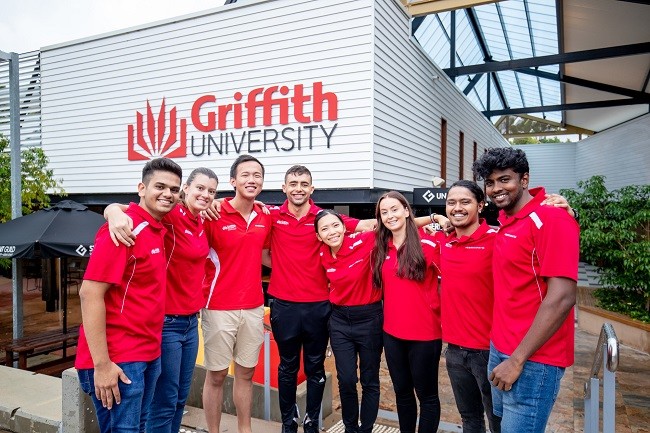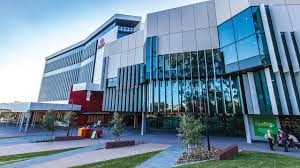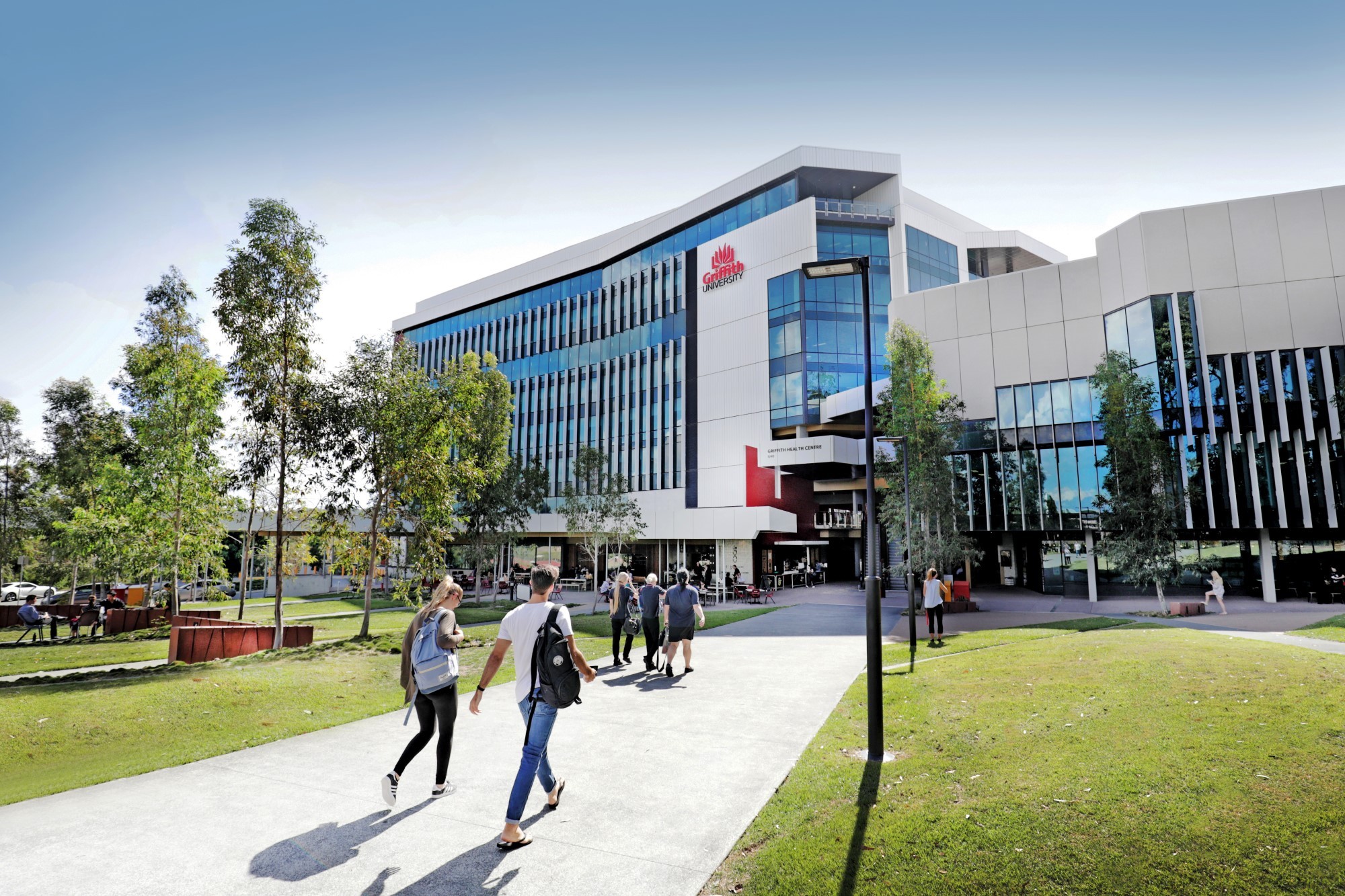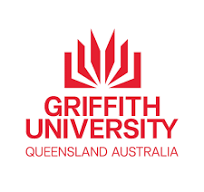
BACHELORS OF DENTAL TECHNOLOGY / DENTAL PROSTHETICS

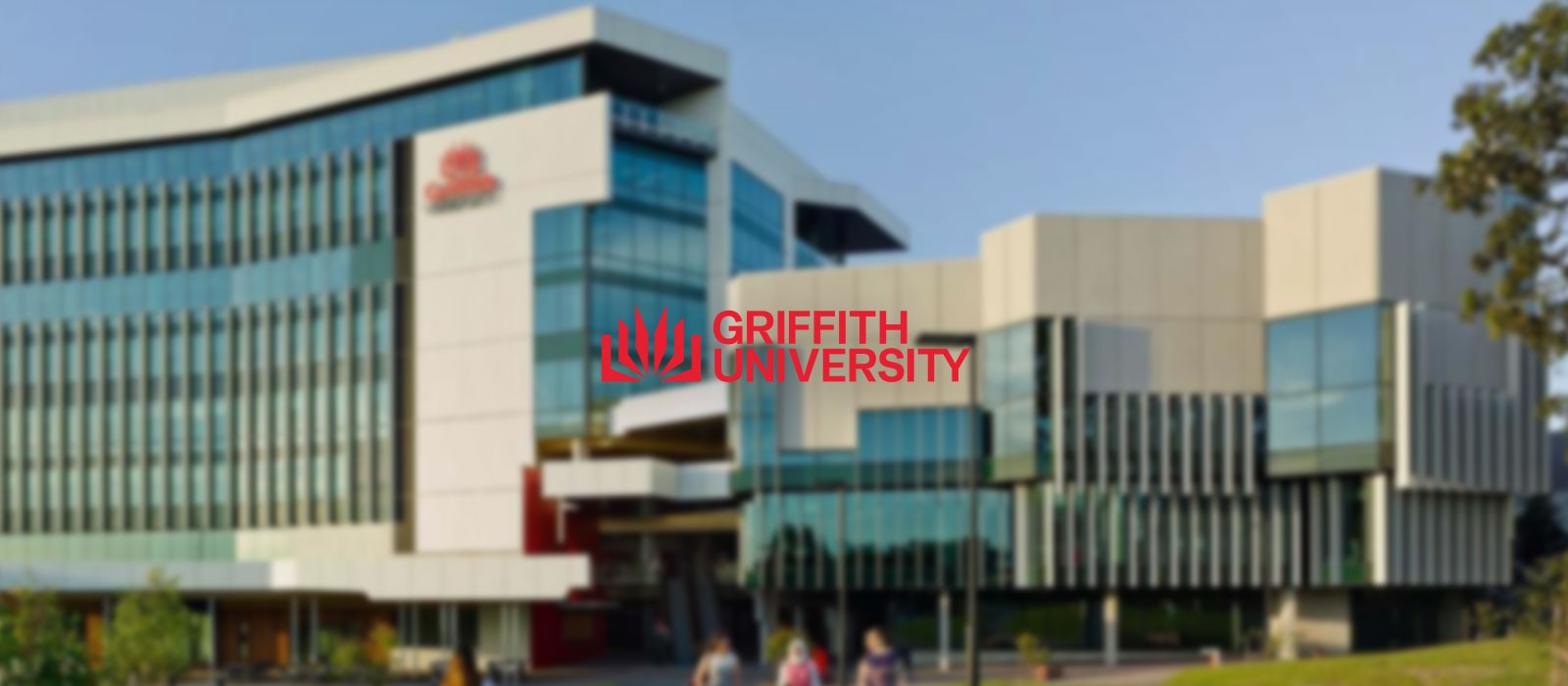
Overview
4 YEARS
YES
AU $42,000 PER YEAR
FEB, JULY, NOV
Overview
- This double degree is ideal for those students who are interested in developing hands-on practical skills in designing and making dentures, crowns and bridges, combined with diagnosing, designing and fitting removable dentures directly to patients. For secondary school leavers, it will provide opportunities for specialisation and more opportunities for employment upon graduation.
- Students graduate with two qualifications to be able to work as both a Dental Technologist/Technician and Dental Prosthetist.
- Dental Technologists (or Dental Technicians as they are often referred to) are highly skilled members of the dental team. They combine art and science skills to construct custom-made dental devices such as dentures, crowns, bridges and orthodontic appliances to replace, restore and correct defects that may affect our facial appearance and the ability to use our teeth properly. They generally work behind the scenes in laboratories and not directly on patients.
- Dental Prosthetists work independently in a clinical setting to diagnose and treat patients requiring removable partial or full dentures.
- The first three years will be spent developing highly specialised hand skills, finishing with a professional practice course where students work alongside dentistry students on "real-life real-time" patient cases. The final fourth year builds on the previous years with a focus on developing clinical knowledge and skills to diagnose, fabricate, make and fit dentures directly to patients.
- A number of key benefits set Griffith's Dental Prosthetist education apart from that at other teaching institutions. Students develop advanced critical analytical skills to solve difficult technical and clinical situations. They learn in an inter-professional environment from experienced Dental Prosthetists and specialists in fields such as:
*Oral Pathology
*Pharmacology
*Radiology
*Prosthodontics
> Dental Prosthetic students practice alongside Dentistry students to develop communication and collaboration skills in individual cases. This may include, for example, inserting and monitoring immediate dentures or witnessing a variety of complex dental procedures. This process is managed through the Team-Based Treatment Planning Process which develops patient referral skills.
Related degrees
> Bachelor of Dental Technology – 1574
> Bachelor of Dental Prosthetics – 1638
> Progression is dependent upon satisfying admission requirements.
Program accreditation
> The Bachelor of Dental Prosthetics is accredited by the Australian Dental Council (ADC).
Professional recognition
> Graduates of Bachelor of Dental Prosthetics will be eligible to apply for registration with the Dental Board of Australia (DBA) via the Australian Health Practitioners Regulation Agency (AHPRA) subject to meeting any additional requirements that may be stipulated by the Dental Board of Australia. As these requirements may change from time to time, students should contact AHPRA to confirm registration requirements.
Attendance information
> The Bachelor of Dental Technology/Bachelor of Dental Prosthetics is offered full-time on-campus. DOH-coded courses in this program are exclusively for Dentistry students and are offered at the Ian O'Connor (G40) Building at the Gold Coast campus.
> As a full-time student, students will generally attend 28-32 hours of scheduled classes per week throughout the trimester. Classes may be scheduled during the day and evening throughout the week and on Saturdays.
> In the Bachelor of Dental Technology/Bachelor of Dental Prosthetics students must maintain a full-time study load. Part-time study is only permitted in circumstances where credit for prior learning is awarded and a full-time structure is not available as a consequence or where a student fails a course and is required to repeat that year of the program.
> Due to the need for students to develop complex clinical and technical skills throughout this program, extensive hands-on exposure to clinical/laboratory environments is required. As a result, some courses commencing from Year 1/Trimester 2 of this program will extend beyond the standard teaching trimester (i.e. commencing earlier and extending later than the standard trimester). Exact dates over which these extended courses will run will be published on a trimester-by-trimester basis in the Academic Calendar.
> The School of Medicine and Dentistry delivers electronic assessment via ExamSoft's Examplify application. Students enrolled in this program are required to have access to a portable computer device (laptop or tablet) that can be taken on campus to complete examination and assessment activities. This device must meet the minimum system requirements for Examplify.
> The School has a small number of loan devices that may be available to students who do not have access to a personal device. Students must apply for access to loan devices in the lead up to an examination or assessment. Please note the School cannot guarantee a loan device will be available for every applicant.
Managing Study Interruptions
Leave of Absence
> Taking a leave of absence from this program is permitted, subject to conditions outlined in the Enrolment Procedure and receiving approval from the Program Director or their nominee.
Readmission
> A student who has discontinued enrolment in a Dentistry program and who is not on an approved leave of absence is required to seek approval for readmission to the program from the Dean, Dentistry, or nominee. Readmission to a Dentistry program is not guaranteed and will be considered on a case-by-case basis. Please contact the School of Medicine and Dentistry for further details.
> If you are an International student on a student visa, you must ensure that you enrol in a way that will allow you to complete your enrolment within the expected program duration as stated on your Confirmation of Enrolment (CoE).
My career opportunities
> With this qualification graduates may find employment opportunities in the public and private health sectors through government health department clinics and private practice as a Dental Technician/Dental Prosthetist or Clinical Dental Technician.
> Dental Technologists (or Dental Technicians as they are often referred to) may find employment with Dental Technicians, Dentists, Dental Prosthetists, Prosthodontists, Orthodontists, Periodontists, and Oral Surgeons in the public or private health sectors working to referring dental practitioners and specialist's prescriptions. Graduates will be able to design and construct oral devices according to international standards that meet individual patient's needs. Dental Technicians work with a wide range of materials and techniques such as: gold, porcelain, plastic and lost wax technique and CAD-CAM (Computer Aided Design/Manufacturing). They may see patients to record the colour, shape and characteristics of existing teeth.
> With this qualification, graduates can apply technical skills, scientific knowledge, artistic skills and compassionate nature across three distinct specialist areas - Prosthodontic, Conservative and Orthodontic - or you may eventually choose self-employment. Graduates will be well equipped to sit for a 'skills exam' requested by employers.
Prosthodontic Technician and Clinician (Removable Prosthodontics)
> Dental Prosthetists work directly with patients to provide removable partial dentures and will also design and fabricate full and partial dentures in plastic or alloy. Graduates will be well equipped for the variety of procedures and techniques to replace missing teeth and will work alongside dentists and prosthodontists.
> A student graduating as a dental technologist and dental prosthetist can potentially have two income streams. One providing dental technology services to dentists or specialists and working directly with a patient as a dental prosthetist providing patient care (including referral) and treatment to replace missing teeth.
Self-employment
> Graduates will gain an understanding of the operational issues involved in establishing a new business. Graduates may own and operate a dental laboratory or clinic. Graduates can progress onto employment in management roles such as senior or chief technician or prosthetists; quality control technicians/prosthetist; teaching or dental sales.
Research opportunities
> Graduates can apply to progress their research skills through an Honours, Masters or PhD qualification which may lead to various roles in academia or in large-scale organisations (corporations/companies, government departments, non-profit/charity organisation).
International opportunities
> Graduates will be equipped to apply for dental technologist/technician registration and dental prosthetist (clinical dental technician) in other countries. They will have gained the necessary knowledge and skills to adapt to the examination process required for registration.
Inquire Now
Entry Requirements
> No valid regional qualifications
> There is no recognised regional qualification in the selected region that meets the pre-requisite entry requirements for this program.
Pathways
> Post-secondary qualifications are required for entry into this program.
> Successful completion of one year of study at a recognised tertiary or higher education institution is required in addition to the completion of high school studies.
> Admission to the Bachelor of Dental Technology/Bachelor of Dental Prosthetics (for International students) will be determined by the following criteria:
*Academic achievement in Year 12 or equivalent.
*Demonstration of English proficiency.
> English language requirements apply to International applicants and other applicants whose previous study was undertaken in a language other than English. The minimum English language requirements for such applicants for entry to this program are as follows:
> A minimum overall band score of 7.0 on IELTS (Academic) with no sub-score of less than 7.0
> OR the Occupational English Test (OET) with a minimum score of B in each of the four components (listening, reading, writing and speaking)
> OR the Pearson Test of English (Academic) with a minimum overall score of 65 with no score less than 65
> OR an internet-based (iBT) TOEFL score of 94 (no score less than 24 for listening, 24 for reading, 27 for writing and 23 for speaking).
Fees
Tuition fees
> An International student pays tuition fees.
> Students are liable for tuition fees for the courses they are enrolled in as at the census date.
> The tuition fee for students who commence their program prior to 2014 is charged according to the approved program fee for the trimester in which the student commenced the program.
> FEE (INDICATIVE): $42,000 per year
Scholarships
> file:///C:/Users/LANDMASRK%20EDUCATION/Documents/Scholarships%20and%20finance%20Griffith%20UNI.html
Popular Courses
Find your perfect course
Head Office
Kamaladi, Kathmandu
Tel: +977 14542781, 9845566225
E-mail: info@landmarkedu.com
Sydney office
Rockdale, NSW 2216,
Tel: +61 415 122 814
Branch office
Tel: 056-590825
Tel: 021-590828
Tel: 977-71-591694
